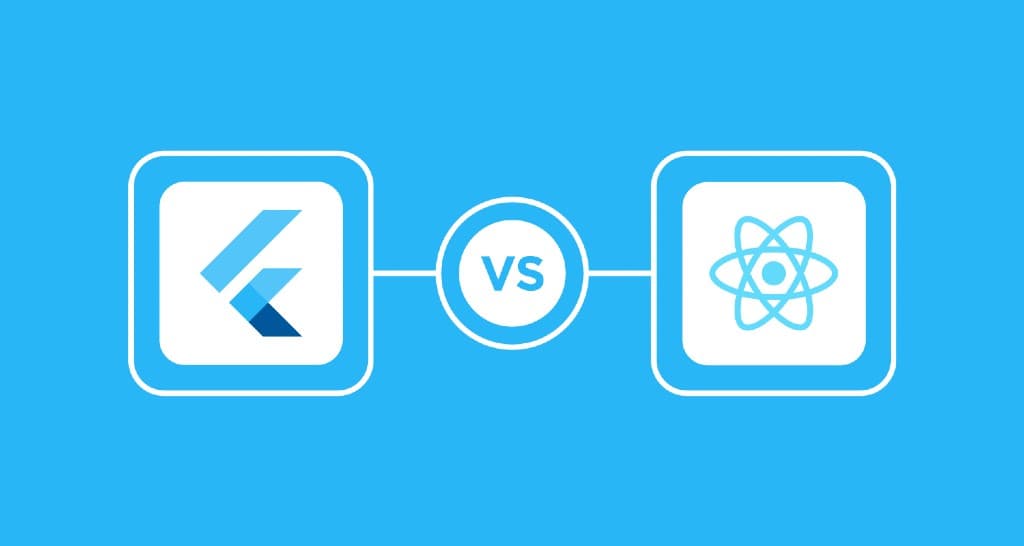Difference between React Native & Flutter: 2020
Mobile smartphones have completely taken over our day to day lives and therefore it is hardly surprising that renowned mobile app development companies are always striving to find tools and frameworks that can be used for creating such applications. React Native and Flutter are two frequently used tools that deliver excellent results for all kinds of mobile application development projects. Let’s have a closer look at these tools and explore the differences between the two.
What is React Native?
React Native is best described as a type of JavaScript framework ideally suited for coming up with real and native mobile applications that can be used in Android and iOS devices. React provides a JavaScript library created and implemented by FaceBook which can help in building top-grade user interfaces which renders app development a lot easier. A React Native app works seamlessly in a mobile platform and device instead of the traditional browser. A web app development company looking to create stellar mobile applications with a native look and feel can use React Native and reap rich benefits offered by this JavaScript library. A major factor that has led to the widespread popularity of React Native app development is that it can really simplify code writing and the same codes can be shades multiple times between platforms. Nowadays every React Native app development company loves working with React Native as it allows developers to create apps for both iOS and Android smartphones.
What is Flutter?
Flutter is a type of software development kit that can be used for carrying out cross-platform mobile app development for different kinds of projects. It is an open source kit that can be used for creating beautiful and fast natively compiled applications suitable for use in mobiles, desktops and the web. Since it allows developers to only work with a single codebase, the process of app development can become a lot easier for the development team. The highly flexible user interface that Flutter offers can help in performing custom app design tasks rather easily. All apps developed by using Flutter are light and can be equipped with a wide range of customizable features and widgets. Flutter app development also ensures that the apps developed in this way can deliver a seamless performance for both Android and iOS hardware. For this reason, every mobile app development company these days focus on having their own team of Flutter developers for their app development projects.
Flutter vs. React Native
Flutter Pros
- Flutter ensures highly dynamic and faster rendering when it comes to app development.
- Flutter allows developers to use a single code base to create two different types of applications.
- Quality assurance for Flutter apps is possible with fewer tests.
- Apps made with Flutter have same user interface on older devices.
Flutter Cons
- Compared to React Native, the developer community for Flutter is not all that expansive.
- The tools and libraries needed for app development can be limited for Flutter in some cases.
- The sizes of Flutter apps are usually bigger compared to those created with React Native.
React Native Pros
- React Native makes use of JavaScript which is already very popular with the app development community.
- Mobile app development industry prefers using React Native as it allows them to come up with top notch hybrid apps.
- React Native has a well develop community to refer to.
React Native Cons
- React Native apps do not usually precisely emulate the features of native apps.
- Updates for React Native apps can sometimes compromise the UI.
- React Native has a lot of abandoned or poor quality libraries to begin with.
Whether you should use React Native or Flutter is something you need to decide depending on the project you are working on. Therefore it is advisable that you carefully consider all the advantages and shortcomings of React Native as well as Flutter before you opt for one. The trends for mobile app development in 2020 are also going through numerous major changes and hence it is vital that you are aware of market trends prior to working with these toolkits and frameworks.
For Difference between React Native & Ionic Read More

